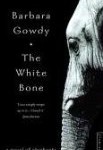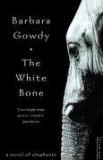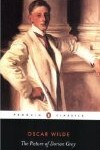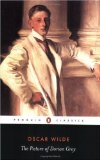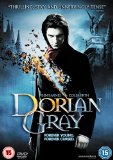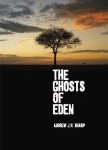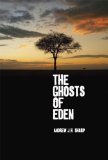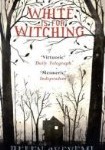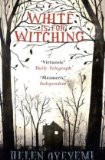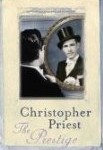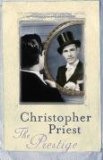Barbara Gowdy is a Canadian author who is treasured in her native country, but I hadn’t heard of her until I came across some Canadian bloggers. Writer’s Pet was the person who finally persuaded me to read one of her books and I’m really pleased I did – she is so original!
The White Bone is narrated by elephants. The book follows a herd of elephants as they wander across the East African plains. We see their every day lives and then the tragedy of an attack by poachers.
The book is very well researched and I loved learning all the little facts about elephants. I occasionally found that the footnotes ruined the flow of the story for me, but the added knowledge they gave me almost made up for this.
My main problem with the book was the names of the elephants. Each herd was named using a different letter of the alphabet, with the group being referred to as the She-S’s or the She-D’s. It is silly really, but for some reason the names really irritated me.
She-Screams begins to weep out loud, and then all the She-S’s, even She-Snorts, even Swamp, are weeping out loud, urinating and defecating, streaming temporin. The She-D’s step aside from the commotion and are silent until She-Scares recovers herself enough to ask, “How is it that you were spared?”
“We ran,” She-Demands says simply.
“We ran and ran,” She-Distracts sing-songs.
It makes sense for herds to be named in this way, so perhaps I am just too used to reading about humans!
By the end of the book I felt as though I knew what it was like to be an elephant – Barbara Gowdy had managed to explain their way of life in beautiful detail.
The books brings home the shocking way in which elephants are killed for their tusks and the gentle nature of these giant animals.
Recommended to anyone looking for something a bit different in their fiction, especially if you have an interest in elephants.
Have you read anything written by Barbara Gowdy?
Which of her books do you recommend I try next?
